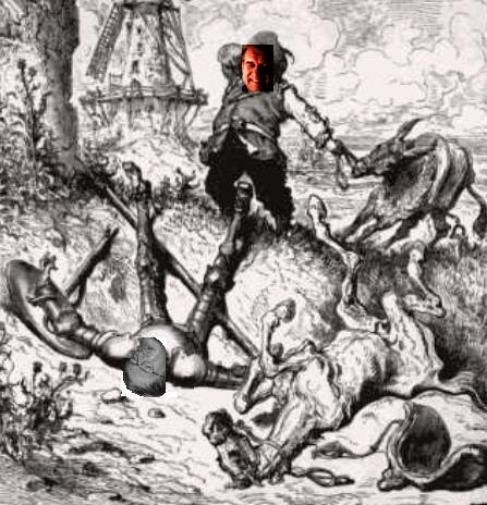| Adapted for the Internet from: Why God Doesn't Exist |
Although closer in intentions to the genuine definition of object, the substance ontologists have never really offered a valid
alternative. The substance version is a circular definition: a synonym. The substance theorist uses synonyms such as thing,
entity, medium, substance, body, something, corporeal, structure, physical, and material to characterize the mysterious ‘bare
particular.’
The substance argument is that the word swan is circumscribed to the ‘substance’ without wings or white or swim:
- “ ‘Substance’ here means what something is in itself…A hat's shape is not the hat
itself, nor is its colour the hat, nor is its size, nor its softness to the touch, nor anything
else about it perceptible to the senses. The hat itself (the "substance") has the shape,
the colour, the size, the softness and the other appearances, but is distinct from them.
Whereas the appearances, which are referred to by the philosophical term accidents
are perceptible to the senses, the substance is not.” [1]
“ A formal theory about substance …is essentially incomplete if it does not address
time.”[2]
“ 1. Substance is not something outside the process but is in it. It is not timeless but has
the form of duration, as has the process.
2. Substance is not the process itself but something that, though in process, resists it
and persists.
3. Substance is both persistence and the substratum of persistence. What kind of
substratum it is cannot be ascertained a priori.
4. There is no valid argument in support of an absolutely persisting 'something'.
Whatever the substratum may be, it is always only relatively persistent” [3]
[Dear, oh dear! What could it be? Is it a bird? Is it a plane?]
But then, if an object is a substance stripped of all its qualities, what is left? If it is not timeless, what is the prosecutor referring
to? Should we conclude that a substance is that which we can see, touch, smell, or hear (proof)? If not, is a substance that
which we can think about? Are we going to prove the definition of substance with another object? We could go on forever
questioning what these words mean, not so much to play extreme devil’s advocate for the fun of it, but because the substance
ontologist attempts to weasel out of the deal by relying on circular reasoning. If the substance argument has not prevailed after
all these years it is because the proponents have not provided a definition. The substance theorists have offered no alternative
to bundle theory. All they have proposed for the last 3,000 is a long list of questions. The substance philosophers are still
banging their heads trying to figure out this formidable word.
| Is an object a substance? |


| You stupid fool! If the giant was just an insubstantial concept in my head, would it have the power to knock me off my horse? |
- Module main page: After 3000 years, the idiots of Philosophy cannot tell you what an object is!
Pages in this module:
1. The ultimate subject matter of a scientific dissertation must be a physical object
2. Is an object a bundle of properties?
3. This page: Is an object a substance?
4. What really is an object?
5. The philosophers voice their objections
- ________________________________________________________________________________________
- Copyright © by Nila Gaede 2008
